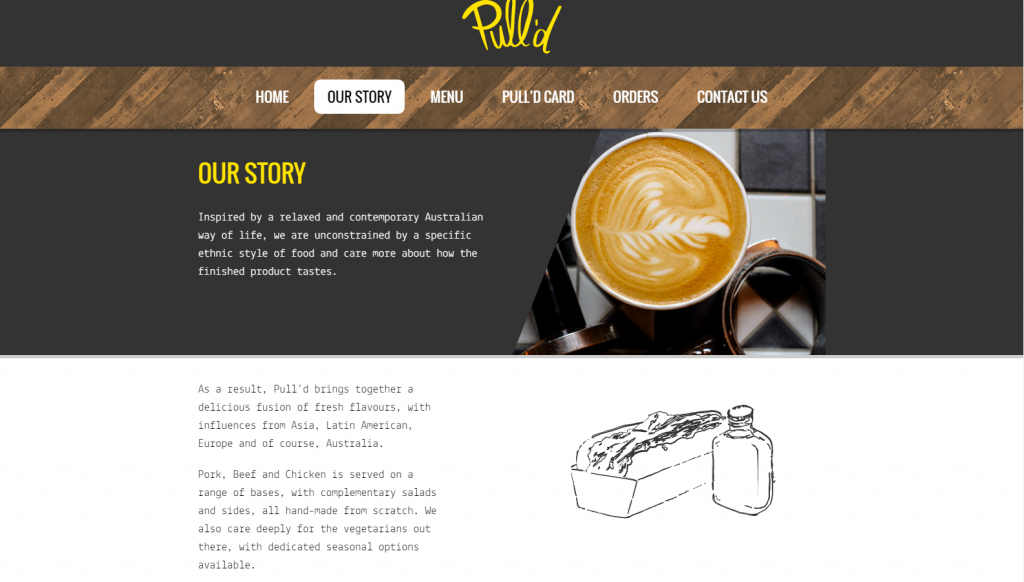How your small business can grow by taking advantage of changing habits
Do you pile in the car, drive to your nearest big supermarket and do one big weekly shop? If so, then your shopping habits may well be unusual. Although the weekly shop was a fixture of life not so long ago, things have shifted and in 2014 47% of people reported that they visited more than one grocery store on a single shopping trip, and in 2015 one in three people said they visit a supermarket three or four times a week. What has caused this change? Well, various failures by the big supermarkets haven’t helped them keep the huge share of the market they once enjoyed. But new technology, the quest for convenience and a desire for high-quality goods has also helped drive the change. Often shoppers buy big online, and then “top up” from other shops as and when needed, or seek out luxury items from specialist shops.
So how can smaller businesses take advantage of changing habits to boost sales? Here are some tips.
Position yourself as an expert
Who would you rather buy from? Someone who has a deep love and knowledge of the products they sell, or someone who just seems interested in taking your money?
Expertise on a subject helps build rapport with customers, but it can also help them find the right product. As smaller businesses tend to focus on a narrower range of products, it’s actually easier for you to demonstrate your expertise than it is for bigger firms. Use this to your advantage.
Take a look at the website for food business Pull’d. Its “Our Story” section describes not only how the business came about, but also the founders’ experience in, and love of, providing customers with great food and a great dining experience. This sets it apart from generic chains, which just can’t match this level of personality, although many of them try.
No matter what sector your business is in, there’s always room to tell your story and show potential customers why you stand out from the crowd.
Help people, don’t just sell to them
Although your expertise will come in handy when interacting with customers, either in a physical shop or via your website, you can actually use it to attract customers in the first place. Competing with huge companies in terms of marketing spend is almost impossible for small businesses. But if you get clever and use your expertise to good effect, you can build up goodwill from potential customers long before they even need to do business with you.
For example, if you’re a plumber don’t just expect people to call you up when they need some major work doing because the chances are they’ll go with a company they’ve already heard of. Instead, you need to become that company they’ve already heard of. One way to do this would be to produce instructional videos that tell people how to complete minor tasks, such as changing a washer. If someone finds your videos useful, then they’ll be more likely to remember your company and come to you for help when they have a major job that needs doing. You can read more about the idea behind the concept in this article from Moz.
In short though, if you can offer potential customers something of value before they even need to do business with you, they’re more likely to end up doing business with you when they do have a need for your goods or services. An excellent way to do this is through blogging. If you need help getting started with blogging for your small business, then check out our guide.
Build a personal connection
We’ve touched on this in the previous sections, but it deserves a mention of its own. One of the biggest advantages smaller businesses have over their rivals is the ability to make a one-on-one connection. If you regularly visit the same supermarket, you’ll never get to speak to the owner, but if you go to an independent butcher you’ll probably talk to the owner every time you visit. Obviously building that personal connection is easy if you have a physical shop that people can pop into, but it’s still possible for businesses without premises to build a strong personal connection with customers.
For example, online customer service company Groove got ultra-personal with all its early customers. When someone signed up for a free trial, they received an email asking them why they’d signed up. The company was then able to use that information to improve the way it works. On top of that, the Groove’s CEO also emailed 2,000 customers and asked them if they’d like to chat about their experience with the business. You can read more about these tactics in this blog post.
However you go about doing it, creating a personal connection between you and your customers is crucial.
Think of loyalty as something you do for you customer
Customers aren’t really loyal. Although you might have one or two brands you’re exceedingly loyal to (Apple is a company that tends to inspire a high degree of devotion), in general you’ll shop wherever is convenient, or wherever has the best deals.
Now this might sound like a good reason to not bother with the concept of loyalty at all, but what it actually means is you need to understand why people are going to do business with you, either instead of another company, or alongside another company.
You can monitor loyalty, and improve it. In fact, we’ve produced an in depth guide on how to do that, which you can find here. Just remember that your customers, loyal or otherwise, don’t owe it to you to keep coming back. You need to convince them that it’s worth their while. It’s never been easier for a business to get online and find customers, but you still have to work to make sure those customers make you a regular part of their lives.



